Don’t Leave it to Chance: Why You Need a Will
As the years go by, we accumulate more than just memories—we gather assets, relationships, and responsibilities. Whether it's your home in one of Melbourne's charming suburbs, your cherished family heirlooms, or the savings you've worked so hard to build, these are the things that make up your legacy. But what happens if you pass away without a will? The consequences might be more significant—and more complicated—than you think.
What Happens if You Don’t Have a Will?
In Australia, dying without a will is known as dying "intestate." When this happens, your estate—everything you own, from your property to your personal belongings—is distributed according to the intestacy laws of your state or territory. In Victoria, where Melbourne is located, these laws follow a strict formula that may not reflect your personal wishes.
Intestacy Laws in Victoria
If you die intestate in Victoria, the distribution of your estate is governed by the Administration and Probate Act 1958 (Vic). The law generally prioritises your immediate family—your spouse and children. However, the specifics can be complex:
Spouse and Children: If you have a spouse but no children, your spouse will typically inherit your entire estate. If you have both a spouse and children, your spouse receives a set amount (known as a "statutory legacy"), and the remainder is divided between your spouse and children. This can lead to unexpected complications, especially in blended families.
No Spouse or Children: If you have no spouse or children, your estate will be distributed among other relatives, starting with your parents, then your siblings, and so on. If no relatives can be found, your estate may pass to the State of Victoria.
This legal process is often lengthy and can be emotionally and financially draining for your loved ones. It also means that the people or causes you care about most may not benefit from your estate in the way you would have wished.
The Emotional and Financial Toll
Without a will, the distribution of your estate can lead to family disputes and legal challenges. Your loved ones might find themselves embroiled in stressful and expensive legal battles over who gets what. This is especially true in situations involving blended families, stepchildren, or close friends who may have played a significant role in your life but aren't recognized by intestacy laws.
The absence of a will can also lead to uncertainty and confusion during an already difficult time. Your family members might face delays in accessing funds they need to cover funeral expenses or maintain the family home. The emotional toll can be significant, leaving your loved ones with unresolved conflicts and strained relationships.
Your Wishes: Who Will Know?
Perhaps you have specific wishes about how your estate should be divided, or maybe you want to leave a gift to a favourite charity. Without a will, none of these wishes are guaranteed to be fulfilled. The law doesn’t consider verbal promises or informal agreements. If it’s not written down in a legally binding will, it’s as if your wishes don’t exist.
The Importance of Appointing an Executor
One of the critical roles of a will is to appoint an executor—someone you trust to manage your estate and ensure your wishes are carried out. Without a will, the court will appoint an administrator to handle your affairs. This person might not have the insight or understanding of your personal circumstances that an executor you choose would have. As a result, decisions about your estate may not reflect your values or desires.
Guardianship of Minor Children
For those with minor children, a will is essential for ensuring that your children are cared for by someone you trust. Without a will, the court will decide who will take care of your children, based on what it considers to be in their best interests. This could result in someone you wouldn’t have chosen becoming your children’s guardian.
How to Protect Your Legacy
Creating a will is one of the most important steps you can take to protect your legacy and ensure your wishes are respected. A will allows you to:
Direct the distribution of your assets: You decide who gets what, ensuring that your estate is divided according to your wishes.
Appoint an executor: This is someone you trust to carry out your wishes and manage your estate.
Name guardians for your minor children: If you have children under 18, you can designate who will take care of them.
Leave specific gifts: Whether it’s a donation to a charity or a treasured item to a friend, a will ensures that your personal wishes are honoured.
Taking the Next Step
At Grice Legal, we understand the unique needs of older Australians in Melbourne. Our experienced team can guide you through the process of creating a will that reflects your values and secures your legacy. We’ll work with you to ensure that your estate is managed according to your wishes, providing peace of mind for you and your loved ones.
Don’t leave it to chance—take control of your future today. Contact us to schedule a consultation and start the process of creating a will that protects your interests and ensures your legacy is passed on to those you care about most.
